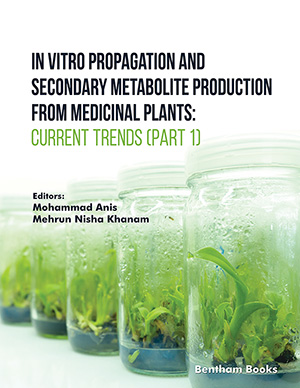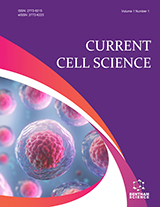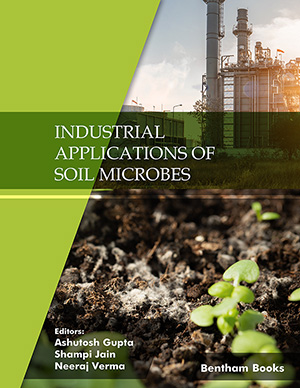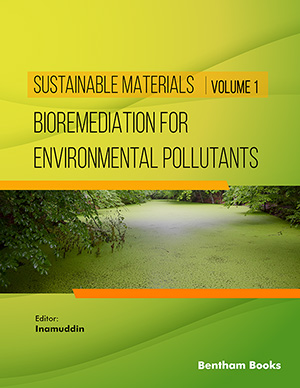Abstract
Plants are active biochemical factories of a vast group of secondary
metabolites (SMs) and these SMs are indeed a basic source of various commercial
pharmaceutical drugs. From the prehistoric time, plants have been used for therapeutic
resolutions. Medicinal and aromatic plants are the biogenic pond of diverse forms of
SMs, which results in their overexploitation. There is an increasing need for the natural
phytochemicals from plants for sustainable and economical value forces their mass
production through in vitro plant tissue culture (PTC) methods. A vast quantity of
medicinal plants and their metabolites have been developed by in vitro culture
techniques in a small time period related to conventional methods. In vitro plant cell
cultures assist in a potential role in the commercial production of SMs. The novel
prime practices of in vitro techniques facilitate transgenic cultures and enlighten the
understanding lane of regulation and expression of biosynthetic pathways. SMs have
composite chemical alignment and are created in response to different forms of stress
to accomplish various physiological tasks in the plant host system. They are immensely
utilized in pharmaceutical industries, dietary supplements, cosmetics, fragrances, dyes,
flavors, etc. SMs are also termed specialised metabolites, secondary products, toxins or
natural products; these are basically organic compounds produced by plants and are not
directly involved in the growth and development of the plant. Instead, they usually
intervene with ecological interactions and conceivably produce selective support for
the plant host by increasing its survivability or productivity. Few SMs are specific for a
narrow set of plant species within a phylogenetic group. SMs habitually play a vital
role in the defense systems of plants against herbivory and other interspecies defences.
Human beings uses SMs mainly for medicines, pigments, flavourings and recreational
drugs. Prolonged use of these SMs in several industrial areas still needs to be focused
to enhance the fabrication by using in vitro PTC practices and optimizing their largescale fabrication using bioreactors. The present book chapter intends to highlight the
rationale of the in vitro production of SMs from medicinal plants and their progress in
the modern epoch for the mass production facts toward the step of commercial and
economical forte.
Keywords: Bioreactor, Micropropagation, Phytochemicals, Secondary metabolites.






















